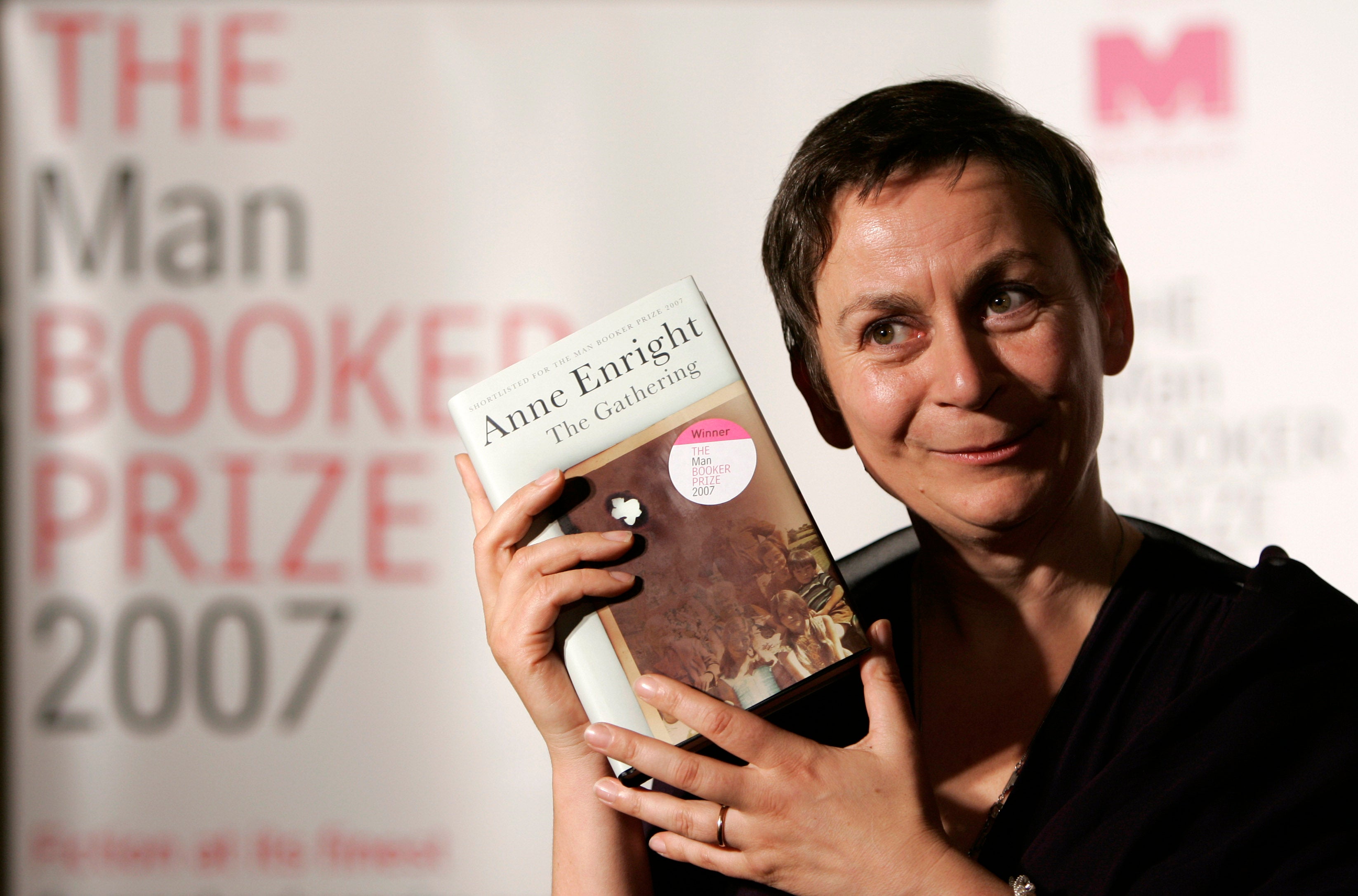Complex stories of migration are among the finalists for the Women's Prize for Fiction
Novels that tell complex and surprising stories of migration are among six finalists for the 2024 Women’s Prize for Fiction

Your support helps us to tell the story
From reproductive rights to climate change to Big Tech, The Independent is on the ground when the story is developing. Whether it's investigating the financials of Elon Musk's pro-Trump PAC or producing our latest documentary, 'The A Word', which shines a light on the American women fighting for reproductive rights, we know how important it is to parse out the facts from the messaging.
At such a critical moment in US history, we need reporters on the ground. Your donation allows us to keep sending journalists to speak to both sides of the story.
The Independent is trusted by Americans across the entire political spectrum. And unlike many other quality news outlets, we choose not to lock Americans out of our reporting and analysis with paywalls. We believe quality journalism should be available to everyone, paid for by those who can afford it.
Your support makes all the difference.Two novels that tell complex and surprising stories of migration are among six finalists for the 2024 Women’s Prize for Fiction.
U.S.-French writer Aube Rey Lescure’s debut novel “River East, River West” depicts west to east immigration through the story of Americans in China, while British author Isabella Hammad’s “Enter Ghost” charts a Shakespearean actress’s complicated return to her Palestinian homeland.
The shortlist announced Wednesday for the 30,000 pound ($37,000) award includes two Irish writers: Claire Kilroy, for her story of motherhood, “Soldier, Sailor,” and Anne Enright for multigenerational saga “The Wren, The Wren.”
Australia’s Kate Grenville, a previous Women’s Prize winner, makes the list with her eighth novel, historical adventure “Restless Dolly Maunder.” U.S. writer V. V. Ganeshananthan is nominated for her second novel, “Brotherless Night,” set during Sri Lanka’s civil war.
Founded in 1996, the prize is open to female English-language writers from any country. Past winners include Zadie Smith, Tayari Jones and Barbara Kingsolver, who won last year for “Demon Copperhead.”
This year, awards organizers launched a companion Women’s Prize for Nonfiction to help rectify an imbalance in publishing. In 2022, only 26.5% of nonfiction books reviewed in Britain’s newspapers were by women, and male writers dominated established nonfiction writing prizes.
The winners of both fiction and nonfiction prizes will be crowned at a ceremony in London on June 13.